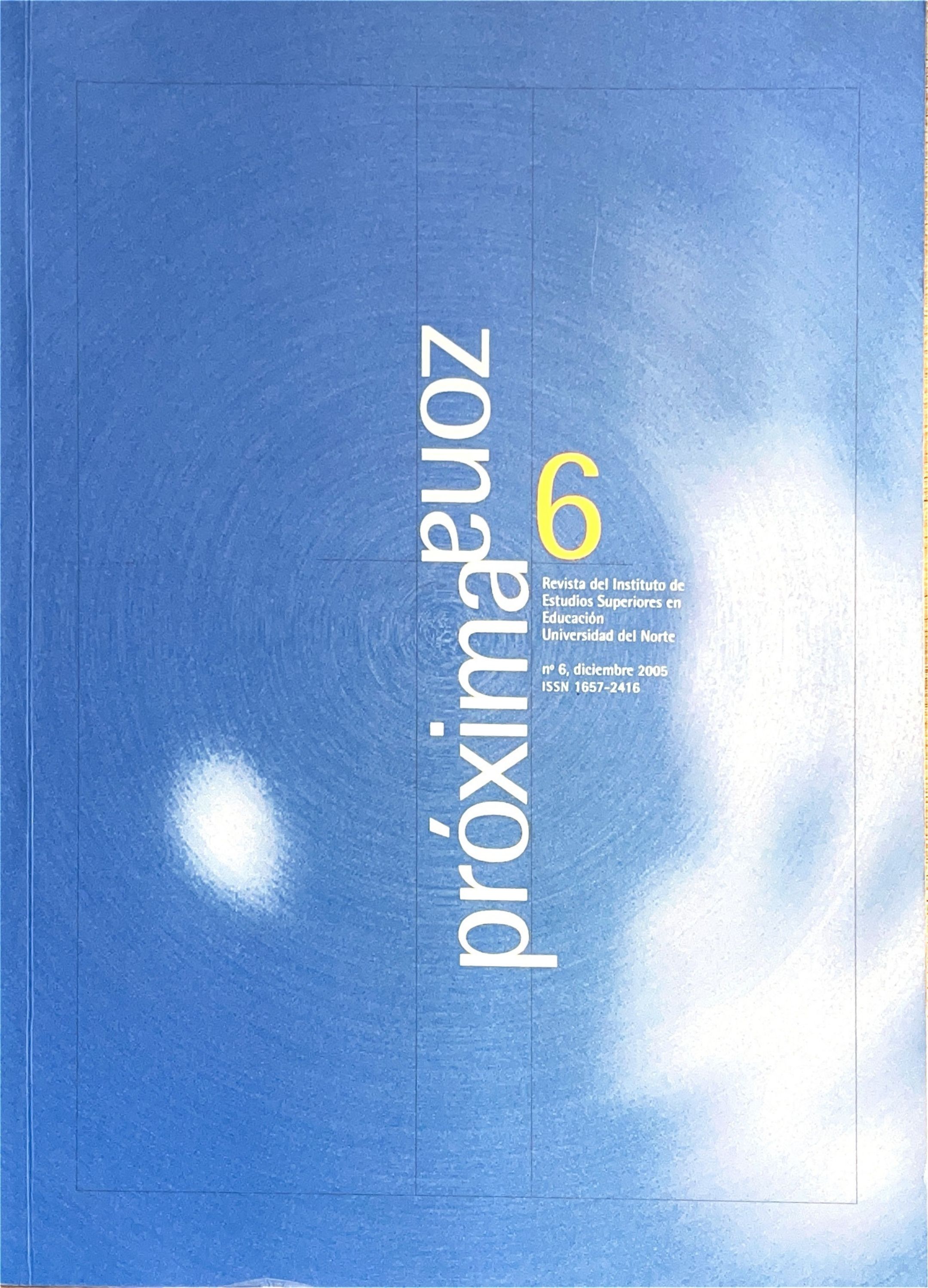Abstract
The language used to express academic contents usually influences the understanding of the natural phenomena described. In a study about the ways of helping students cope with the language of textbooks, an awareness-raising process of linguistic features of textbooks was designed and implemented. Both researchers and teachers carried out an analysis of the linguistic features that make students’ comprehension difficult. Special emphasis was laid on topic-types, textual units and vocabulary. Most students developed academic understanding of the concepts taught. This enabled the researchers to conclude that the teacher’s methodological strategies to deal with the above mentioned features were helpful in the students’ learning processes. However, the pressure exercised by the school and the usual learning conceptions held by teachers, are an obstacle for achieving higher levels of learning.
References
BRUNER, J (1984)Acción, pensamiento y lenguaje. Alianza, España.
CARR, W. & KEMMIS, S. (1986)Becoming Critical: Knowing through Action Research. Falmer Press. Gran Bretaña.
CHAMORRO, D., MIZUNO, J. & MOSS, G. (2003)“Tergiversaciones y correspondencias: la metáfora y sus bemoles” en ALED. Revista Latinoamericana de Estudios del Discurso. Vol. 3 (1). Pp. 29-47
COLECTIVO URDIMBRE (2000)Libros de texto y aprendizaje en la escuela. Diada. España.
DAVIES, F. (1990): “Reading in the Nacional Currículo: Implications for the Primary and secondary Classroom”. En: Harris, John and Jeff Wilkinson (ed): A Guide to English Lan-guage in the National Curriculum. K Stanley Thornes Ltd.
GIORDAN, A. & DE VECCHI, G. (1988)Los orígenes del saber: de las concepciones personales a los conceptos científicos. Diada. España.
HALLIDAY, M.A.K. (2004): The Language of Science. Continuum. London
HALLIDAY, M.A.K. (1994)An Introduction to Functional Grammar. Ed-ward Arnold. Gran Bretaña.
HALLIDAY, M.A.K. & MARTIN, J.R. (1993)Writing Science: Literacy and Discursive Power. Falmer Press. Gran Bretaña.
MOSS, G. , ÁVILA, D., BARLETTA, N., CARREÑO, S., CHAMORRO, D., MIZUNO, J. & TAPIA, C. (1996)Informe final a Colciencias, proyecto “El lenguaje de los textos escolares en las áreas de Ciencias Naturales y Ciencias Sociales y su influencia en los procesos de aprendizaje”. Primera etapa. Código 1215-11-008-95.
MOSS, G. , ÁVILA, D., BARLETTA, N., CARREÑO, S., CHAMORRO, D., MIZUNO, J. & TAPIA, C. (1998)Informe final a Colciencias, proyecto “El lenguaje de los textos escolares en las áreas de Ciencias Naturales y Ciencias Sociales y su influencia en los procesos de aprendizaje”. Segunda etapa. Código 1215-11-281-96.
MOSS, G., MIZUNO, J, ÁVILA, D., BARLETTA, N., CARREÑO, S., CHAMORRO, D. & TAPIA, C. (2003)Urdimbre del texto escolar. ¿Por qué resultan difíciles algunos textos? (2ª. Edición). Barranquilla: Ediciones Uninorte.
VALLEJO LLOBET, P. (Comp.) (2004)El discurso científico pedagógico. Aspectos de la textualización del “saber enseñado”. Bahía Blanca: Universidad Nacional del Sur.una propuesta para el manejo del lenguaje del texto de ciencias naturales


